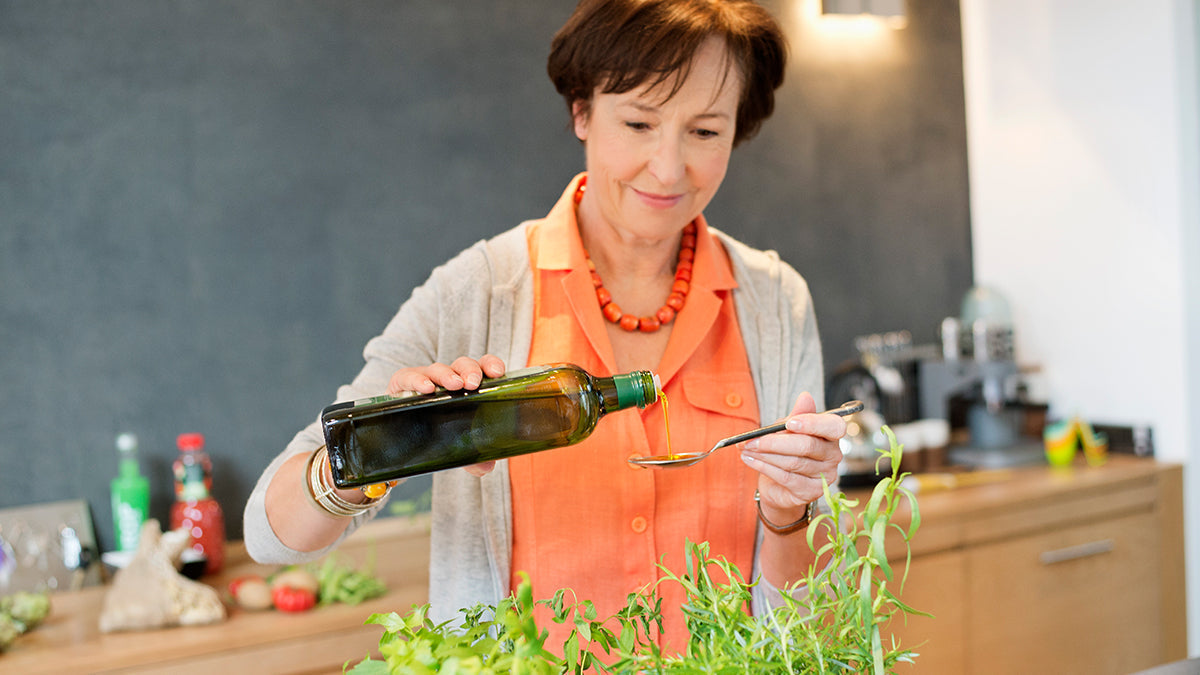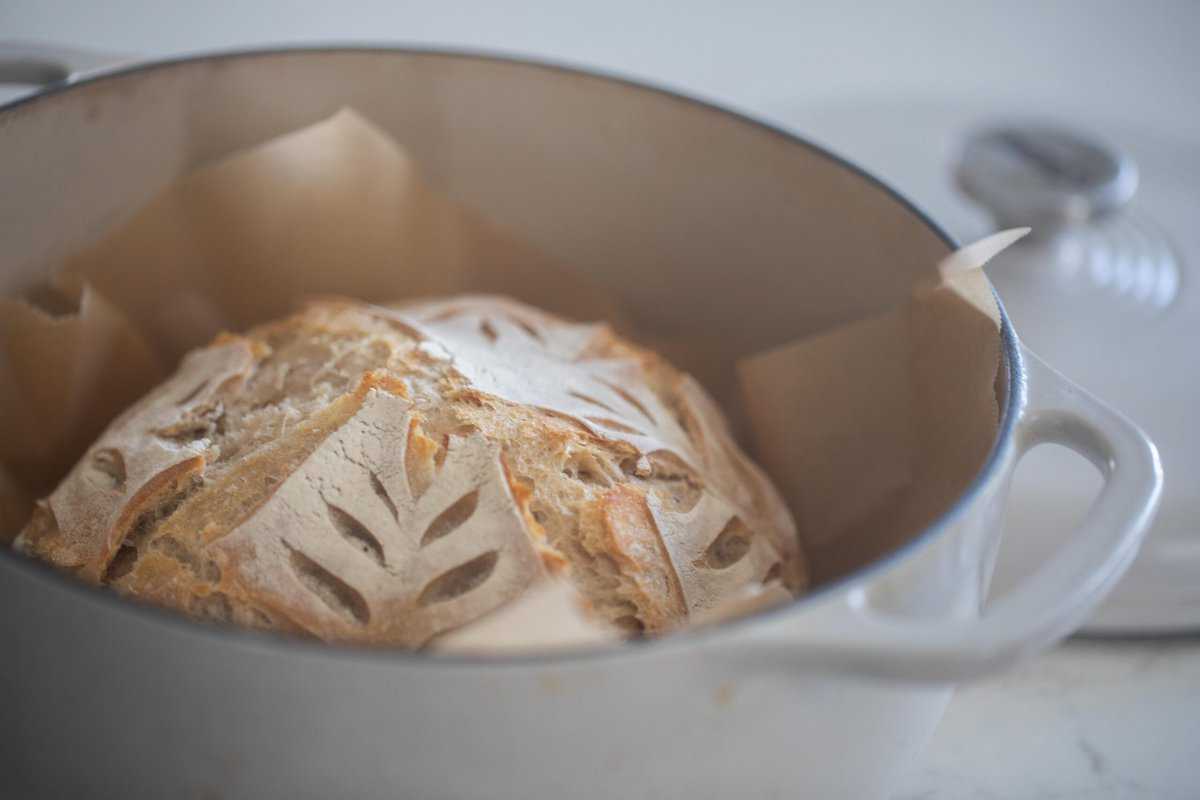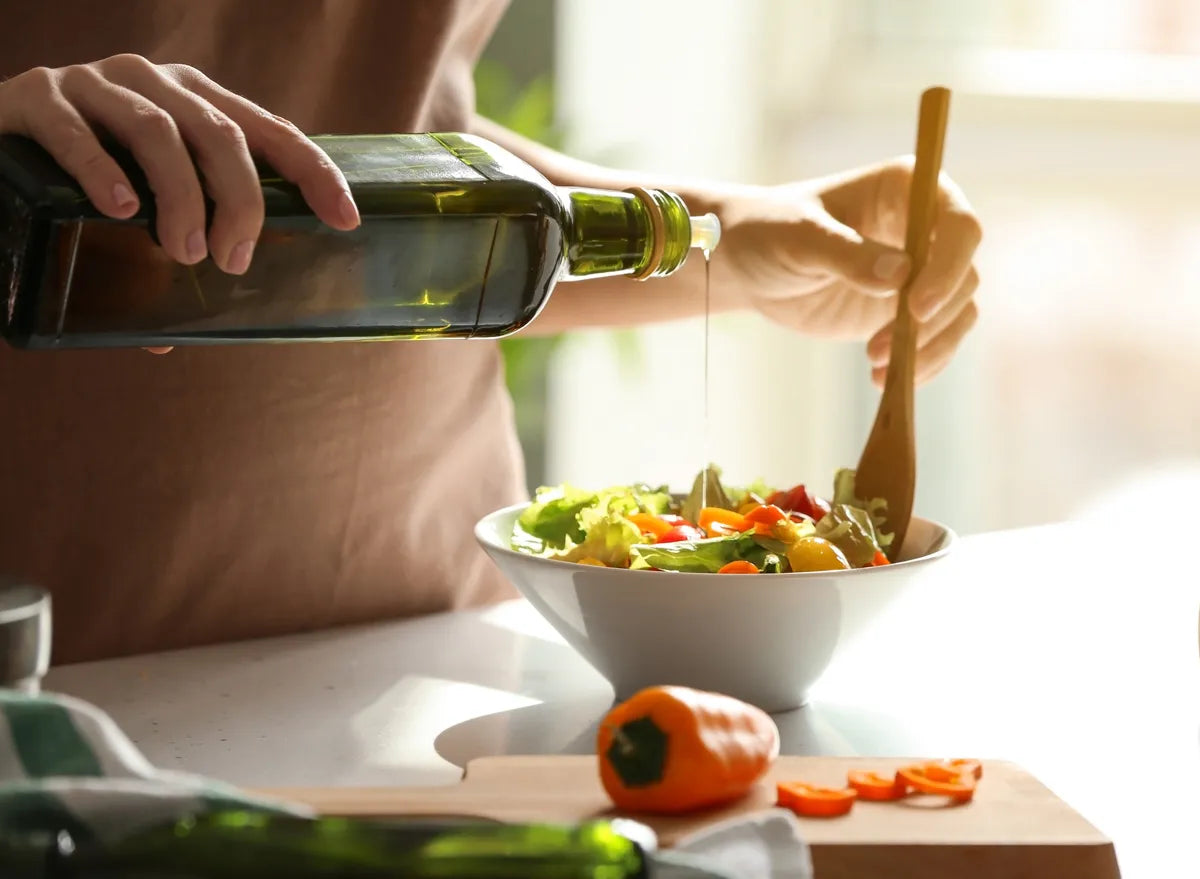For kitchen professionals and home chefs alike, the question 'does olive oil become toxic when heated' is a crucial one. Whether you're sauting vegetables, pan-frying fish, or baking a delicious focaccia, understanding how heat affects olive oil can impact not just your cooking techniques but also your health.
In recent years, there's been a lot of debate and controversy around this topic. Some argue that heating olive oil can release toxic compounds, while others claim it is perfectly safe. Let's delve into the question with an in-depth understanding backed by science.

The Science Behind Heating Olive Oil
Olive oil is praised for its health benefits primarily because of its high content of monounsaturated fats and antioxidants. But what happens when it's heated? To answer this, we need to look into the chemical structure of olive oil and how it changes under heat.
Smoke Point of Olive Oil
The smoke point of an oil is the temperature at which it begins to produce smoke and potentially toxic compounds. Olive oil typically has a smoke point between 374-405F (190-207C). Quality and purity of the olive oil significantly affect this range.
Formation of Harmful Compounds
When oils, including olive oil, are heated past their smoke points, they begin to break down and form potentially harmful compounds such as acrolein. However, research indicates that the antioxidant properties of extra virgin olive oil can make it more heat-resistant compared to other oils.

Debunking Myths: Does Olive Oil Become Toxic?
One widespread myth is that olive oil should never be used for cooking due to its supposed toxicity when heated. However, numerous scientific studies have shown that this is not entirely true.
Study Findings
For instance, a 2018 study published in the journal Food Chemistry found that extra virgin olive oil releases fewer harmful compounds compared to other oils like sunflower and canola oil, even when heated above its smoke point.

Practical Tips for Cooking with Olive Oil
- Choosing the Right Olive Oil: Extra virgin olive oil is less processed and contains more antioxidants, making it more stable under heat.
- Moderate Heat: Cooking at moderate temperatures can prevent the oil from reaching its smoke point and forming harmful compounds.
- Monitor Cooking Time: Prolonged exposure to high heat can degrade oil quality, so keep cooking times to a minimum when possible.
FAQ
1. What is the best temperature to cook with olive oil?
Using medium to medium-high heat is generally safe and can preserve the oil's beneficial properties.
2. Is extra virgin olive oil better for cooking?
Yes, due to its higher levels of antioxidants and polyphenols, extra virgin olive oil is more resistant to heat.
3. What are the signs that olive oil has reached its smoke point?
Visible smoke, a strong odor, and a change in color indicate that the oil has reached its smoke point and may be breaking down into harmful compounds.
For more detailed information on olive oil and healthy cooking, visit this external resource.
For a thorough guide on keeping your kitchen clean from oil splatters, check out this resource.
As an Amazon Associate, I earn from qualifying purchases.






Leave a comment
This site is protected by hCaptcha and the hCaptcha Privacy Policy and Terms of Service apply.